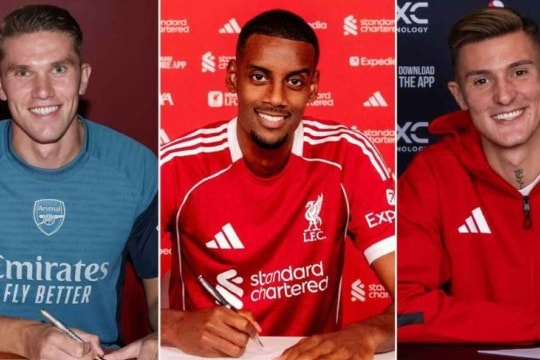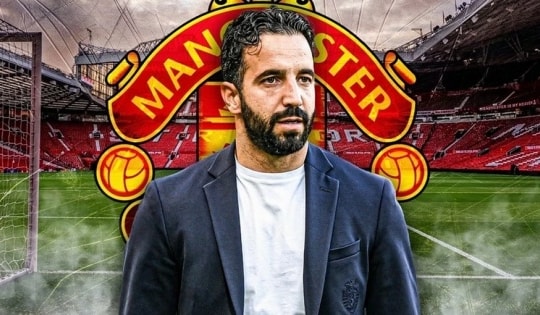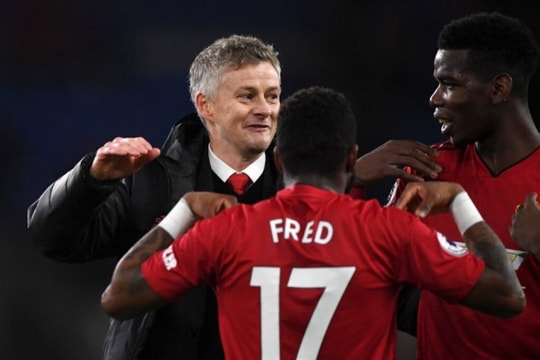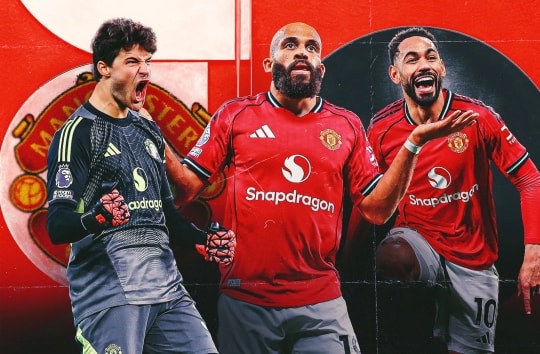Premier League will only play 1 match on Boxing Day 12/26 this year
According to the Daily Mail, the Premier League is expected to broadcast only one match on December 26 due to UEFA's tournament expansion and changes to the FA Cup schedule; most of the remaining matches will be moved to the following weekend.
Boxing Day will be different: according to the Daily Mail, the Premier League is planning to play just one match on December 26, with the majority of the remaining games moving to Saturday, Sunday and Monday. The decision reflects the scheduling pressure from expanded UEFA competitions and the new FA Cup schedule, as well as the need to ensure commercial broadcasting obligations.
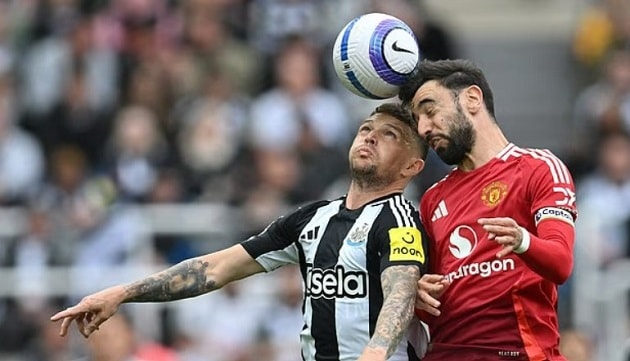
Match schedule key points: December 26 as a TV Friday
The Premier League has to provide 33 match weekends in the season, along with five midweek fixtures, as part of its broadcasting commitments. With that structure, December 26 this year is being treated like a standard Friday: just one match will be shown live, rather than the traditional full-day schedule.
The identity of the Boxing Day match has not been decided, but it is likely to be the highlight match, aiming to optimize TV audience during the holiday period. Most of the remaining matches will be spread across Saturday, Sunday and Monday to meet the broadcasting schedule and reduce overlap.
Tactical impact: recovery rhythm, rotation and movement
Consolidating the schedule to the following weekend instead of playing a full match on December 26 could change the way coaches manage resources. The break between matches could be more balanced than the model of playing in a single holiday, allowing for rotation calculations and reducing the risk of overloading key players.
Travel is also a tactical variable. With most matches spread across multiple days, teams can optimise their match-training journeys, rather than being forced to play within a fixed Boxing Day time slot. However, the decision to have just one match on 26 December also requires the chosen team to adapt to the pressure of monopolizing the time slot, when all eyes are on them.
Audiences and the Holiday Experience
With only one Premier League match taking place on December 26, the traditional “football feast” experience for Premier League fans on television will be more subdued. However, the rest of the round will still take place over the weekend, so viewers still have a continuous schedule of matches, just at different times.
Lower divisions keep up Boxing Day tradition
While the Premier League makes adjustments, the Championship, League One, League Two and National League still maintain a full schedule of matches on December 26, continuing a more than 130-year tradition of festive football in England.
Tradition and rare interruptions
Boxing Day has been associated with English football since 1888. According to sources, there have only been two times in history when three Premier League games have not been held on this day, the last time being in 1982 – a number that shows the longevity of the tradition. The Premier League believes that next season, when the schedule falls on a Saturday, the familiar Boxing Day atmosphere will be restored.
Broadcast windows and commercial obligations
The essence of this change lies in the tension between three axes: the expansion of UEFA competitions, the reform of the FA Cup calendar and the domestic broadcasting obligation. The requirement of 33 weekends and 5 midweek rounds imposes a limit on the Organizing Committee, forcing them to optimize each time slot to ensure the quality of the broadcast product while reducing the pressure on the schedule of the teams.
Who will play on Boxing Day?
The final match-up has not been decided yet, but the “highlight” criteria is being prioritized to take advantage of the only prime time slot of the holiday. Even if it is just one match, the symbolism of Boxing Day is likely to be maintained with a high-profile match.
In short, the Premier League’s decision to keep just one game on 26 December is a historic step in an increasingly packed fixture list. Tradition may take a backseat, but the aim is to maintain competitiveness and quality, while allocating resources wisely as the season enters its crunch phase.


